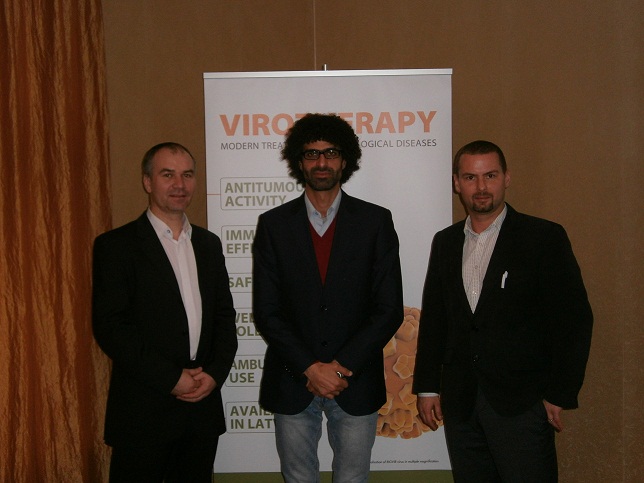CAIRO: When Technische Universität Berlin received funds to hold short-term activities focusing on the transformation processes in Tunisia and Egypt, it opted for generating change from within.
The university’s Habitat Unit and West Asia North Africa Cooperation Unit (WANACU) collaborated with Ain Shams University’s faculty of engineering, urban planning and design department, to organize “The New Urban Revolution in Greater Cairo” summer school, bringing together 25 students of different study levels from different universities in Egypt to engage in the transformation process in urban development.
The project was funded by the German Academic Exchange Service (DAAD).
The summer school, that took place over 10 days last month, was held over three phases.
In phase one, “Introducing Concepts for Urban Regeneration,” students received presentations on urban regeneration, including successful and unsuccessful examples, different approaches, a historical overview of the topics, and visited informal areas in order to learn about the topic in general.
Students were given lectures by local and international experts on the issue, mainly discussing informal areas, with a specific focus on a participatory planning approach, which entails working with the local residents of the area and engaging them in the planning process.
Topics discussed ranged from architecture and urban regeneration in European to field experiences in Cairo as well as Berlin, and even refugee camps, we also got to hear from governmental representatives.
In phase two, “Understanding the Challenges,” students looked at particular topics more in detail and conducted a SWOT – strengths, weaknesses, opportunities and threats analysis – in topical groups to find out about the challenges in a particular area in Cairo.
In phase three, “Practical Application,” students developed concepts and suggested measures to be taken in a particular area, which was Istabl Antar. This happened in a participatory way together with the local community, where the students received inputs and gained theoretical knowledge in the first days in order to have the necessary background to conduct the practical, participatory planning workshop.
“It is important to stress that the approach to urban regeneration we wanted to communicate is that it has to work in a participatory way. The local community was involved in all our activities in Istabl Antar,” explained Daniel Karsch from TU Berlin.
“We also tried to make sure we do not raise high expectations among the local population, as the chance that the results of a 10-day summer school will be implemented is of course limited. This is why we always stressed that what we do is above all other things a learning exercise for the students,” he told Daily News Egypt.
Fellow citizens
Going into Istabl Antar and working closely with the people has been challenging, mainly because students have preconceived beliefs regarding slum areas which initially affected how they approached the residents.
“The reality is an informal area is a place like any other. People also, might be super friendly, but could also be afraid of you as an outsider, especially that previous experiences had people coming from outside to demolish buildings, or journalists writing profiles on ‘slums’ so you can understand the concerns when someone asks you ‘Are you here to demolish our houses?’,” explained Aya Nassar, 27, a student at the summer school and master’s graduate from Cairo University.
Nasser added that in general once they broke the ice and explained what they were there to do, people were keen on making them feel comfortable and helping them.
After being on the field in Istabl Antar for 10 days straight, Nassar feels that the most important thing to highlight, whether for Istabl Antar residents or anyone else, is the notion of citizenship.
“As citizens they are entitled to basic rights, the government has a certain responsibility in acknowledging that they are citizens all year round, and not only when it needs the votes,” she explained, adding that “this is not a matter of compromise, this is a matter that we all need to be informed about not just the people of Istabl Antar.”
On her part, after working with the people of Istabl Antar, Nassar feels that the squatter settlements file is being presented in a dangerous and wrong way, as a problem, or a bomb that is about to explode. “This image gives legitimacy to certain policies like ‘let’s relocate them,’ or ‘let’s get rid of informal areas’ etc … People who live there are normal people, some could be attached to the place, some care for their dignity, some know what’s best for them, among them there are the rich and the poor.
“There is a serious problem – I feel – in the way that informal areas are becoming a separate category on their own. It enables you to think of its dwellers as an object and not as fellow citizens. This is dangerous, and I hope to help in changing that,” she told DNE.

The local community was involved in all the students’ activities in Istabl Antar.



